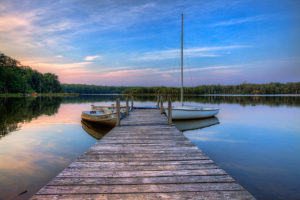 Thinking of hitting the cottage or lake this weekend? To avoid potential loss or injury it is of utmost importance to understand and implement safe water practices. Safety is a shared responsibility of Canadian waterway users and the organizations that govern them. This means you must learn and follow the rules that apply to your boat as well as to the waters where you will be boating. The Canada Shipping Act, 2001 is the law that, along with its regulations, governs boats and pleasure crafts. There are several Regulations under this statute that affect boats, such as Small Vessel Regulations and Collision Regulations. These regulations set a minimum safety standard that every owner or operator of a boat or personal water craft must comply with.
Thinking of hitting the cottage or lake this weekend? To avoid potential loss or injury it is of utmost importance to understand and implement safe water practices. Safety is a shared responsibility of Canadian waterway users and the organizations that govern them. This means you must learn and follow the rules that apply to your boat as well as to the waters where you will be boating. The Canada Shipping Act, 2001 is the law that, along with its regulations, governs boats and pleasure crafts. There are several Regulations under this statute that affect boats, such as Small Vessel Regulations and Collision Regulations. These regulations set a minimum safety standard that every owner or operator of a boat or personal water craft must comply with.
There are varying minimum equipment requirements mandated to be present on board boats based on the type and length of the vessel. Every motorized boats or personal water craft should have on board the following non-exhaustive list of safety equipment:
- One personal flotation device per person & personal lifesaving appliances
- Visual signals
- Sound signaling device
- Bailer or bilge pump
- Manual propelling device & anchor
- Navigation equipment
- Fire extinguisher
The Royal Canadian Mounted Police, provincial and municipal police forces and other authorized local authorities enforce the laws that apply to boats. They may inspect your boat and monitor your boating activities to make sure that you meet requirements that apply. This may include checking for safety equipment, your Pleasure Craft Operator Card, and careless operation on the water. You should also know that some boating offences can result in fines to both the operator of the boat as well as to its owner. Under the Contraventions Regulations of the Contraventions Act, allowing someone under the age of 16 to operate your personal water craft can result in a $250.00 fine, while operating a vessel in an unsafe manner can result in up to a $500.00 fine.
It is important to remember that the federal and provincial laws only set minimum requirements. Often, boaters go above and beyond these laws to enhance the safety of their boat and guests, and Daniel & Partners LLP encourages everyone to do the same. If you have been hurt in a boating or water sport accident, please don’t hesitate to contact one of our personal injury experts for a free consultation.
For more information on safe boating, visit Transport Canada’s Safe Boating Guide at http://www.tc.gc.ca/media/documents/marinesafety/TP-511e.pdf?WT.mc_id=ielnd&WT.mc_id=jbo2z
Article written by Matteson DeLuca, Articling Student.






